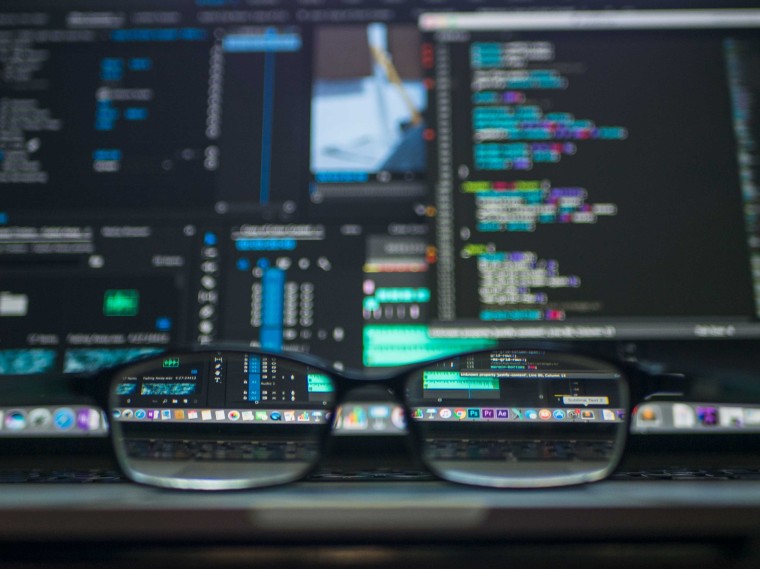
GitHub Copilot sounds like a fascinating tool on paper. Launched in preview by Microsoft over a year ago, it"s basically an AI-powered extension that uses the code present in all public repositories on GitHub and then write code on your behalf based on simple prompts. For example, you could just write "Take an average of the numbers in this list" and GitHub Copilot will autonomously write the code to do this based on its training on GitHub codebases.
Microsoft announced GitHub Copilot"s general availability a few months ago at $10/month, but pretty much since its inception, the product has been criticized for its legal status in the sense that it uses the code written by other people without their permission and that Microsoft profits off of these practices. Today, a class-action lawsuit has been filed against the AI-powered pair programming tool.
The lawsuit has been initiated by Matthew Butterick, who is a programmer, author, and lawyer. He is being represented by the Joseph Saveri Law Firm from California. Together, they are claiming that Microsoft is engaging in open-source software piracy by using billions of lines of code written by millions of programmers under various licenses including MIT, GPL, and Apache. The defendants named in the lawsuit are GitHub, Microsoft, and its technology partner OpenAI.
Butterick claims that Microsoft has violated a number of requirements for using this code including attribution, GitHub"s own policies, the California Consumer Privacy Act, and DMCA 1202 - which "forbids the removal of copyright-management information". Butterick goes on to say that:
This is the first step in what will be a long journey. As far as we know, this is the first class-action case in the US challenging the training and output of AI systems. It will not be the last. AI systems are not exempt from the law. Those who create and operate these systems must remain accountable. If companies like Microsoft, GitHub, and OpenAI choose to disregard the law, they should not expect that we the public will sit still. AI needs to be fair & ethical for everyone. If it’s not, then it can never achieve its vaunted aims of elevating humanity. It will just become another way for the privileged few to profit from the work of the many.
Meanwhile, Joseph Saveri of the Joseph Saveri Law Firm noted that:
I am grateful to the programmers and users who came forward to bring this case to fruition and ensure that corporations like Microsoft, GitHub, and OpenAI cannot unfairly profit from the work of open-source creators. This case represents the first major step in the battle against intellectual-property violations in the tech industry arising from artificial-intelligence systems. In this case, the work of open-source programmers is being exploited. But this will not be the last community of creators who are affected by AI systems. Our firm is committed to standing up for these creators and ensuring that companies developing AI products are held accountable under the law.
You can view the 56-page class-action lawsuit document here.